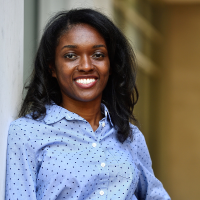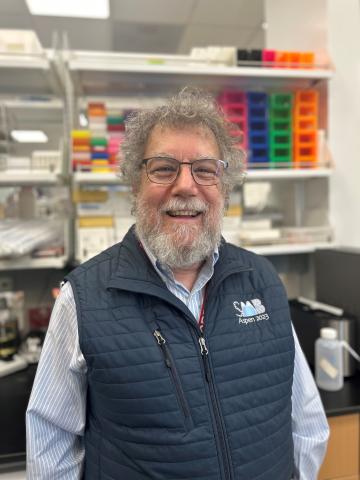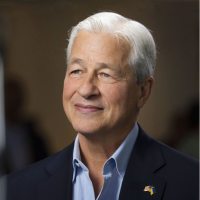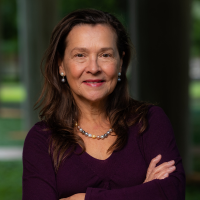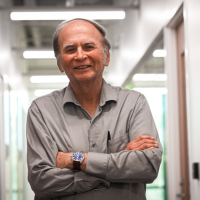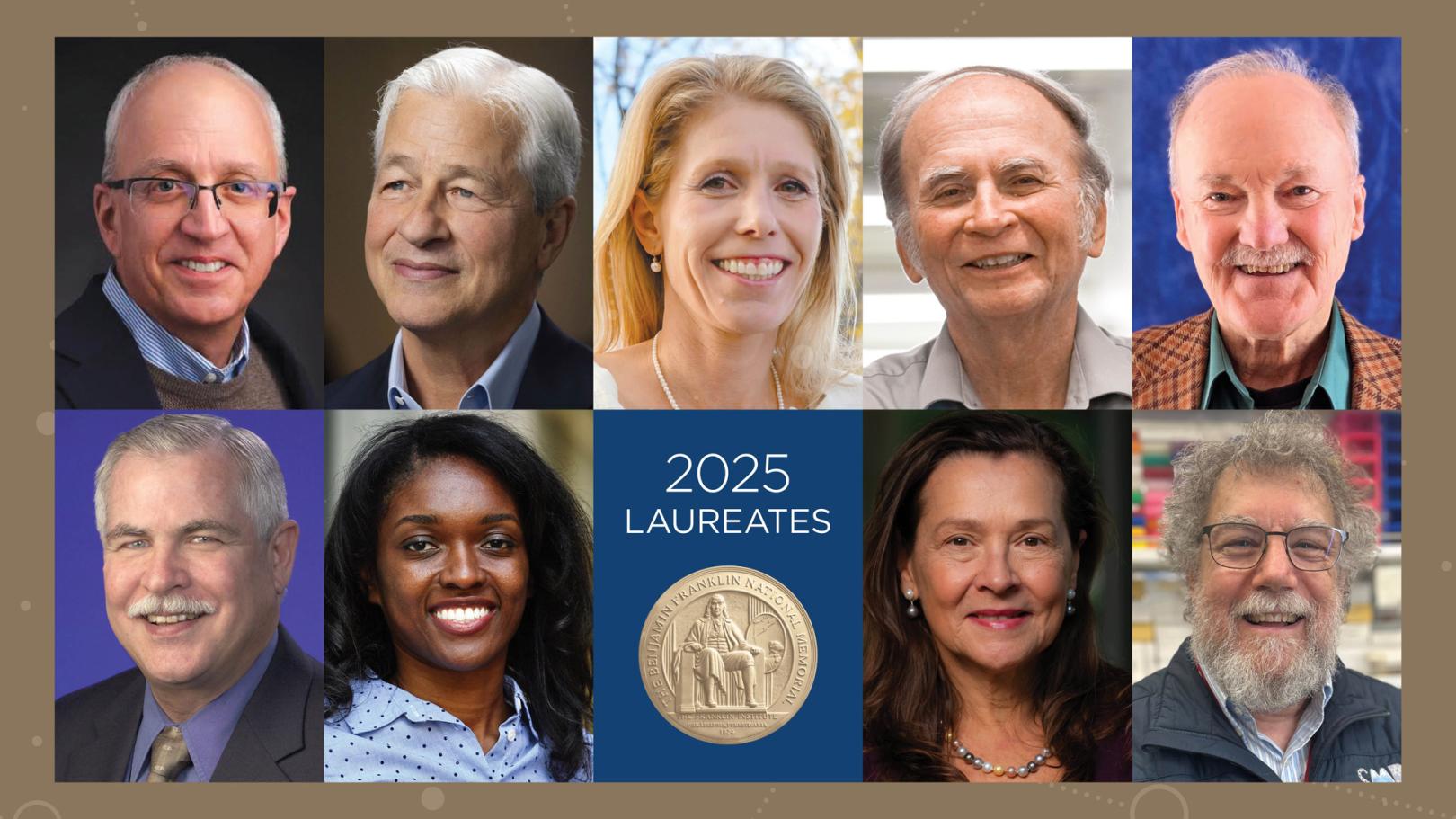
Johns Hopkins University │ Baltimore, Maryland
For her contributions to the novel design of medical imaging systems involving ultrasound and light that make robotic and non-robotic guided surgery safer and more effective.
NVIDIA │ Santa Clara, California │ Stanford University │ Stanford, California
For his contributions to the design of affordable, high-performance, parallel computer systems, a core technology that has enabled the rapid advancement of Artificial Intelligence and other applications that require massive amounts of computation.
JPMorganChase | New York, New York
For his steadfast leadership in building JPMorganChase into a diversified global financial institution and his powerful advocacy on behalf of the American business community and its worldwide role and responsibilities.
Harvard University │ Cambridge, Massachusetts
For outstanding contributions in the development of theories of the stability and failure of materials and structures, which have had profound impact on critical technologies for aerospace, energy systems, and nanoscale materials.
Tulane University │ New Orleans, Louisiana
For designing a method based on quantum mechanics that is widely used by researchers to computationally predict physical properties of atoms, molecules, fluids, and solids.
Silicon Valley Band of Angels │ San Francisco, California
For his pioneering research and development of micro-electromechanical systems (MEMS) technology microscopic systems that merge mechanical and electrical parts—which has wide-ranging applications such as pacemakers, inkjet printers, optical projectors, and airbags.
University of Colorado │ Boulder, Colorado
For making transformative contributions to restoration ecology by increasing our understanding of degraded ecosystems and their recovery dynamics. Her work addresses urgent environmental and societal challenges, and guides policies and practices of ecological restoration, biodiversity conservation, and sustainable ecosystem management.
Presenting Sponsor


